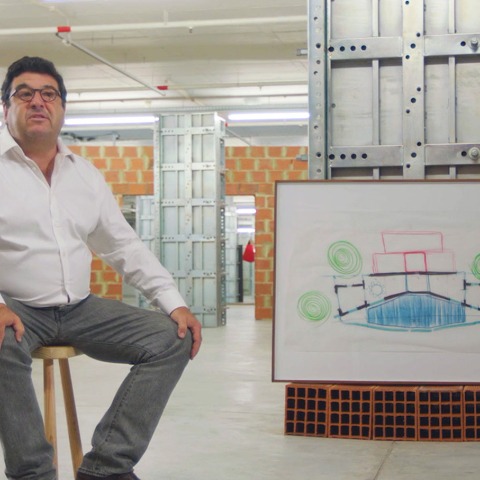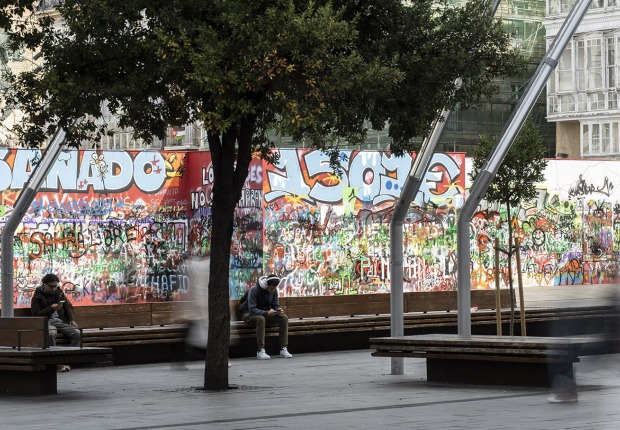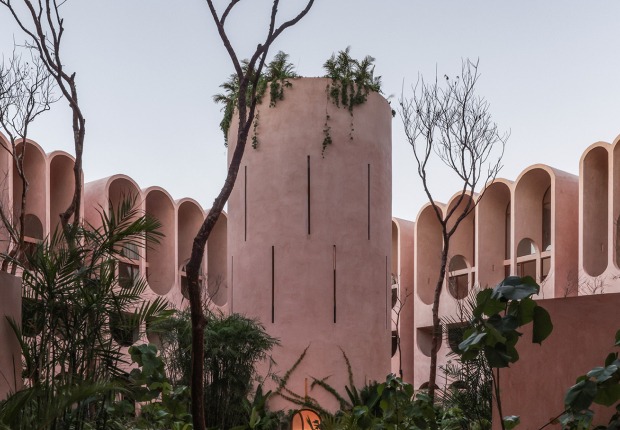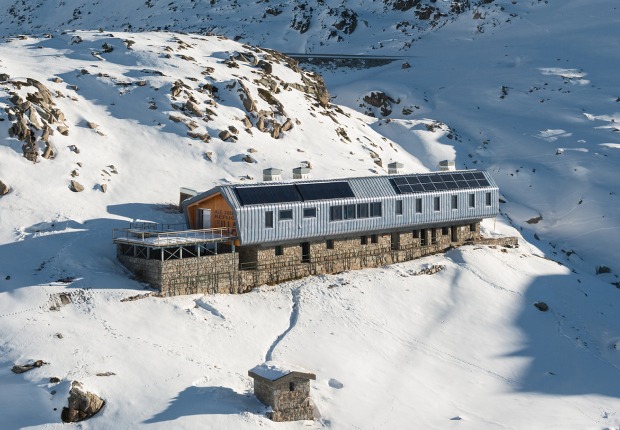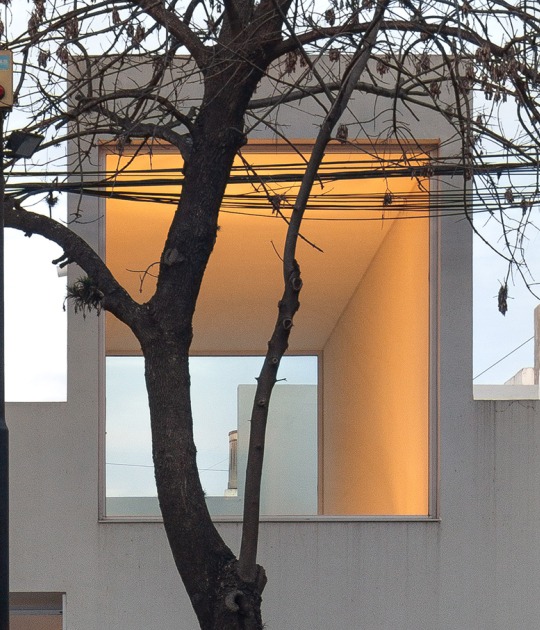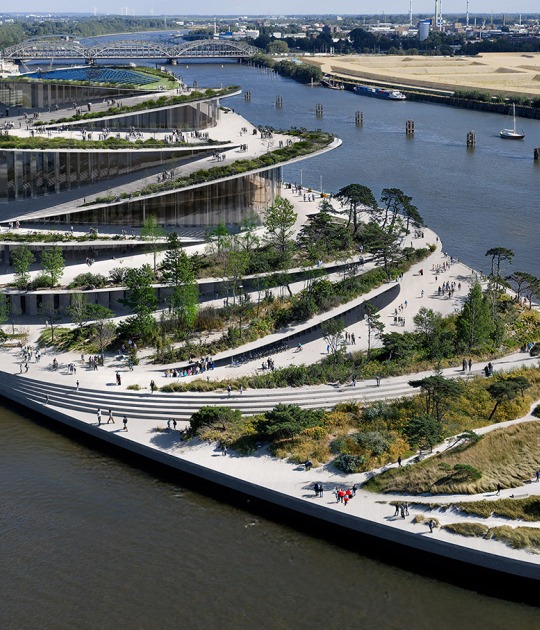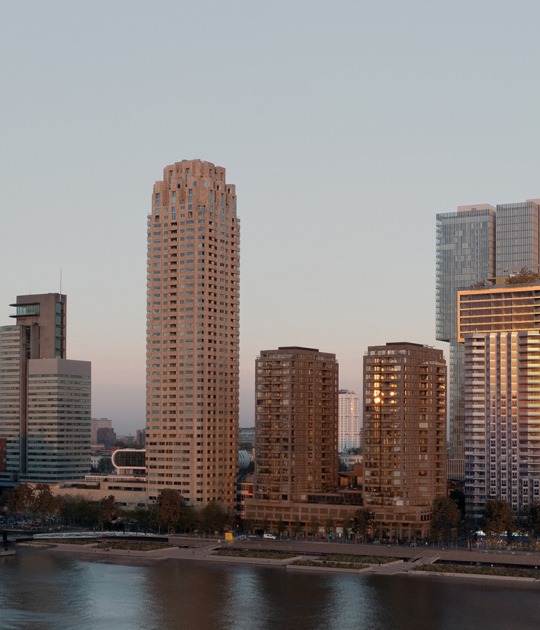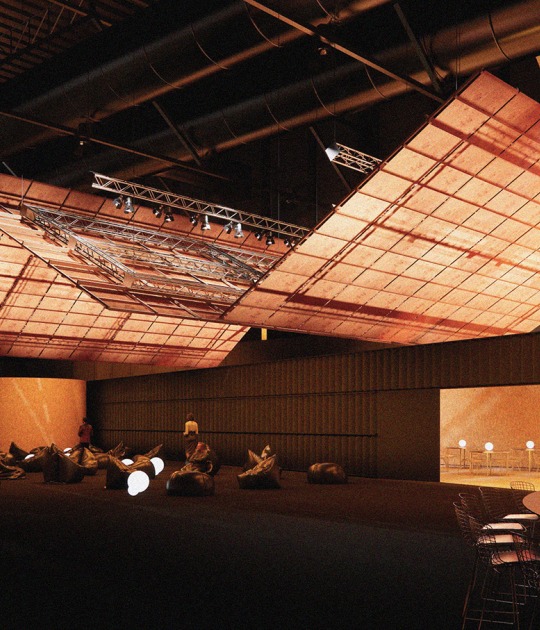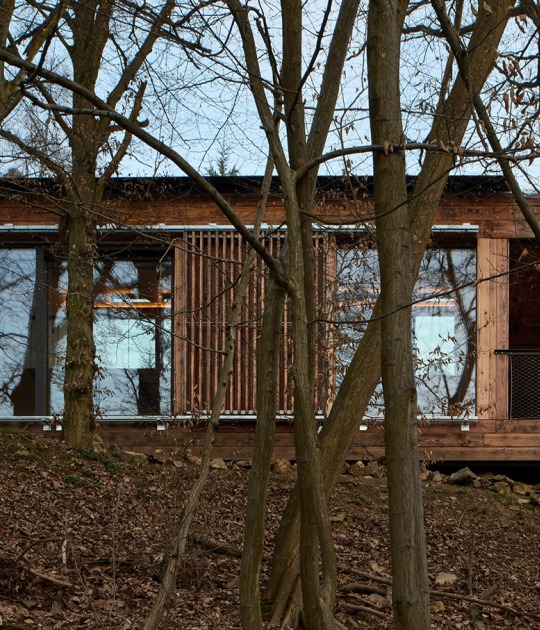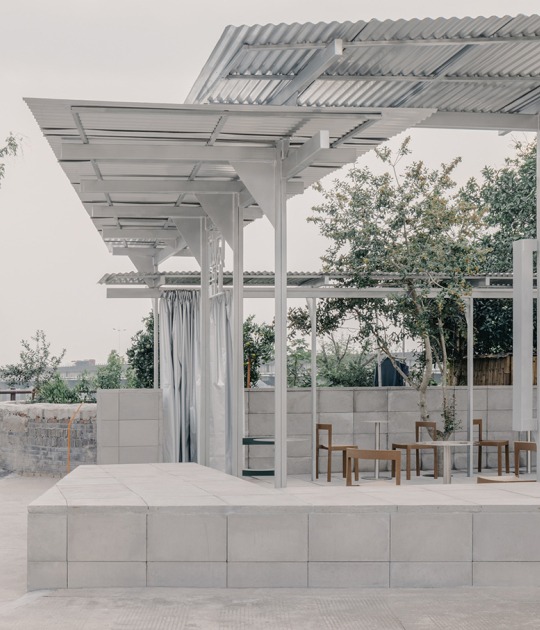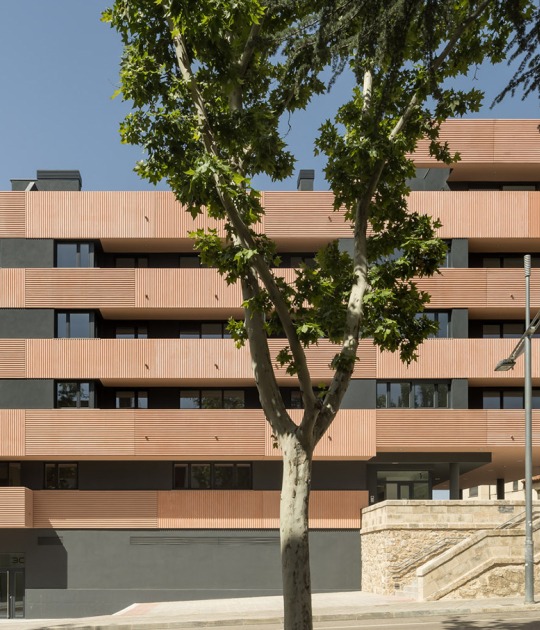PAST questions the conditions that allowed him to embark on a path of success that led his study to be among the most internationally recognized. Ricardo tells us that he took him to study architecture, anecdotes and some of his first commissions.
Ricardo Bak Gordon: “I think that we balance very much between architects that stress on continuity, on processes of adding and continuing the meanings of the constructive world and those that feel a need of invention, of permanent complete invention - I am not one of those architects. I like to feel that continuity, the dialogue and keep adding small elements that would be understood in the process of time. That is something more important for me”.
PRESENT helps us, through knowledge of the unique characteristics of his firm, to understand how his firm works and how it has grown over time. With this interview we get an overview of your practice and can understand the reasons for your success.
RBG: “I think that architects have been, for different reasons, put aside of the most strategic decisions of the construction world - cities, planning, urban planning, political decisions about development, etc. Architects once played an important role in these strategic moments, either designing cities, thinking about housing, putting together politics and architecture. (…) The architects have been pushed more and more every time to the end of this line and just asked to come to make the beautiful things. I think it’s very dangerous that architects allow themselves to play that role because that’s how we will become more put aside from society”.
FUTURE seeks to deliberate on issues of today and tomorrow. The architect deals with a series of key concepts that represent his approach, while at the same time trying to anticipate future trends in architecture. The interview closes with a piece of advice given to new generations of architects and students.
RBG: “As I said before, I trust very much in continuity. And continuity means to try to see in the best way you can, in a sensitive way, to look around and to see what are the questions the world is asking you. And try to be a participant in this process, in a sensitive way, and not trying to come up with this ultimate invention. (…) If someone can come up with an invention like that in architecture, it’ll be very welcome, but I don’t think we all can do it. So for the new generations: I think you have to find enthusiasm in being a part of a process of continuity”.
